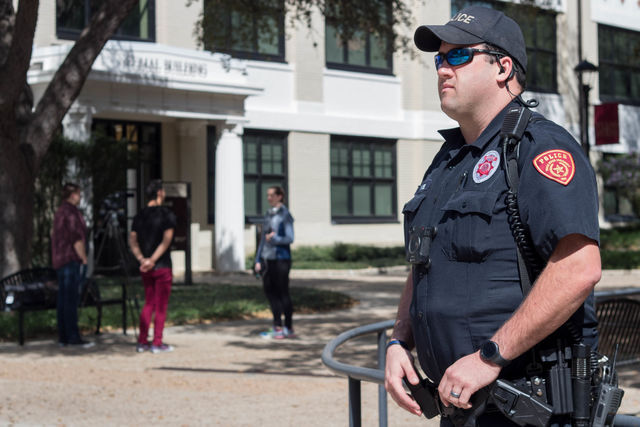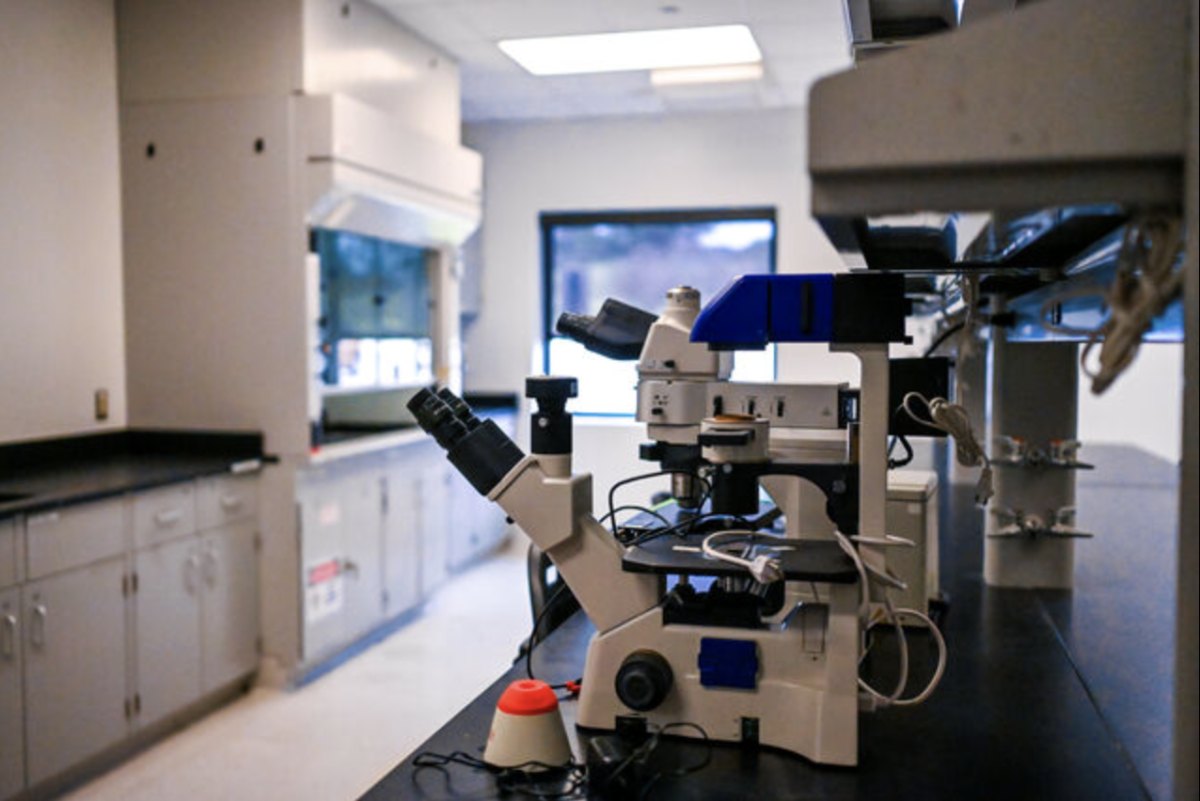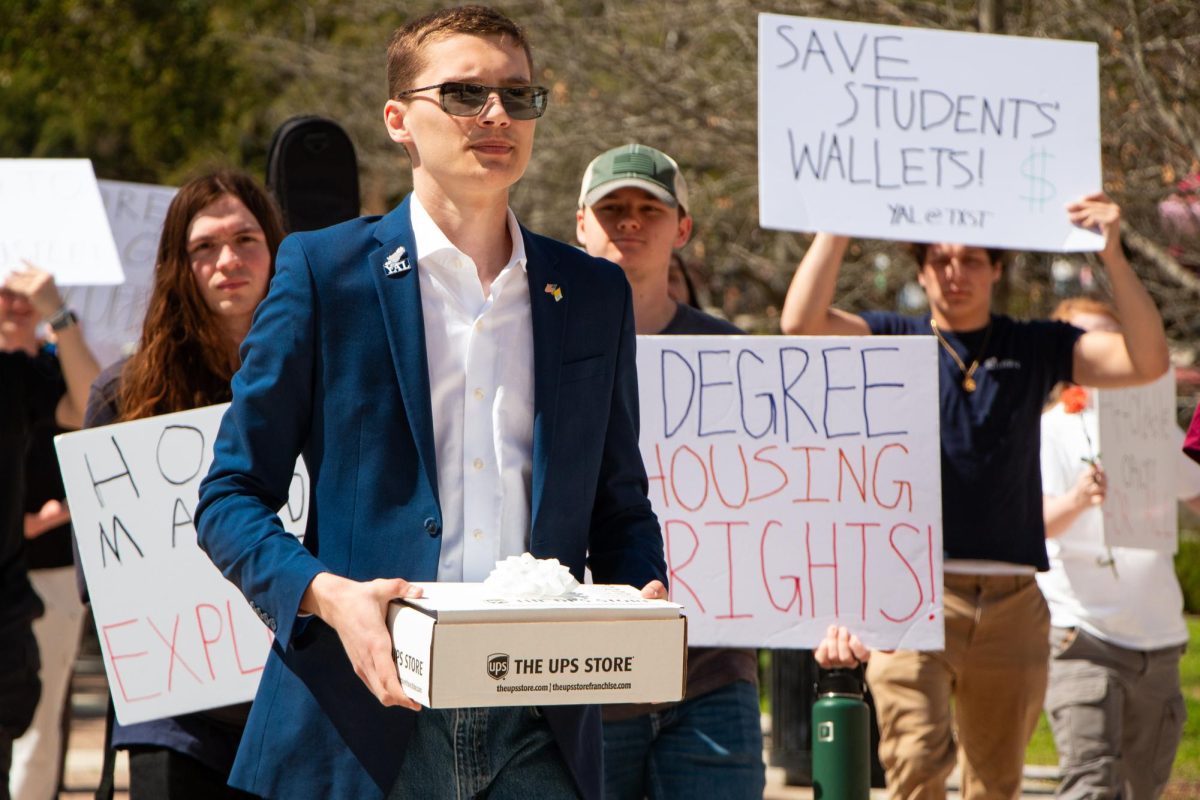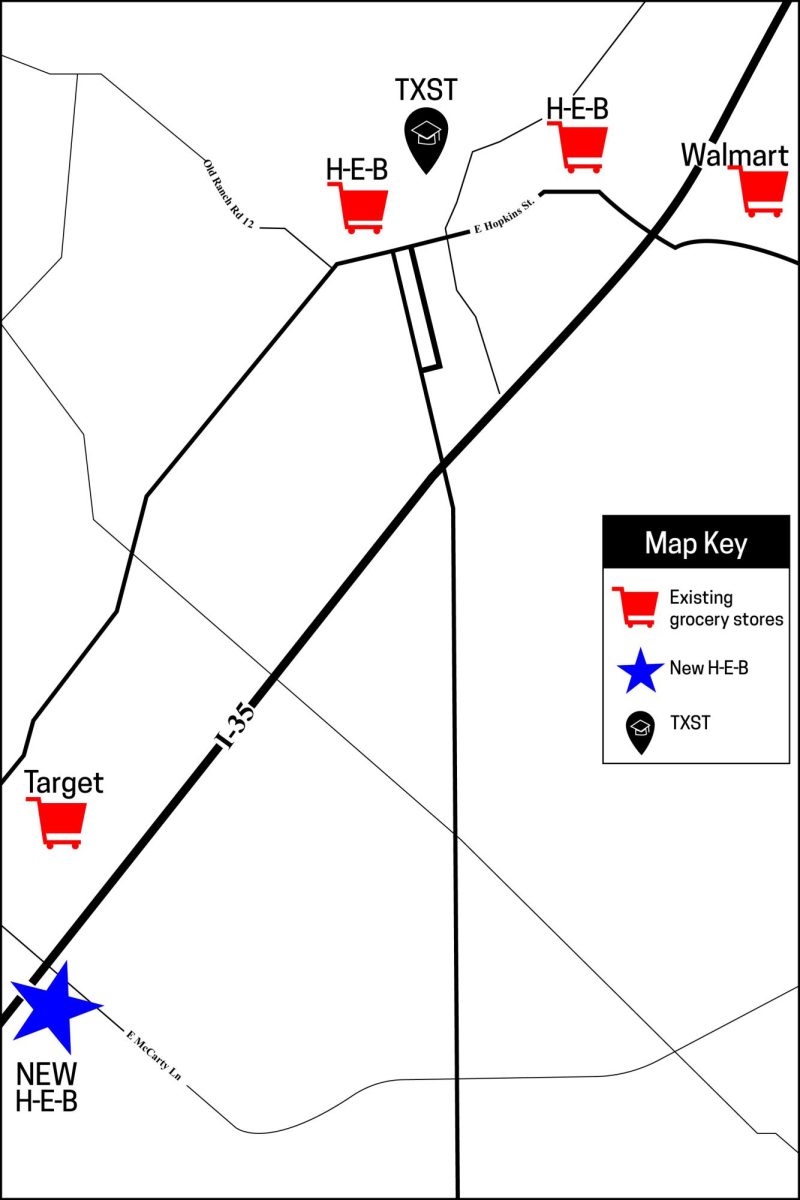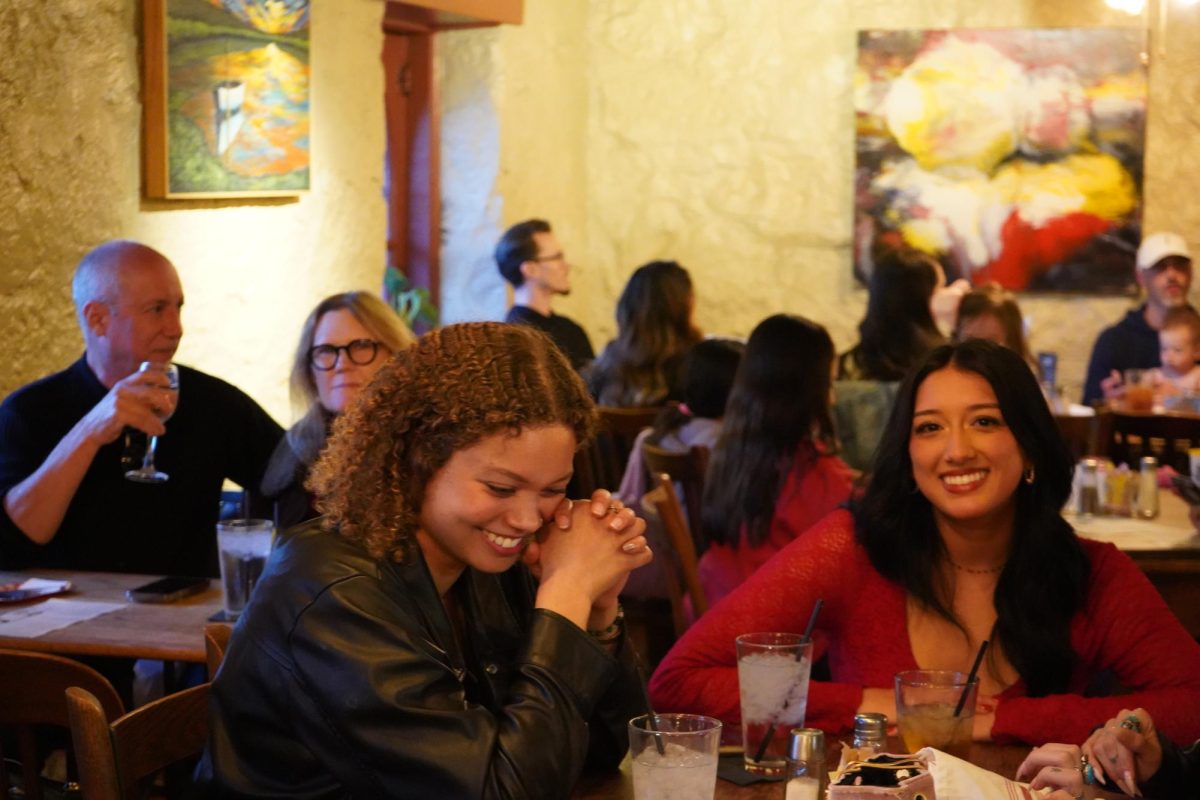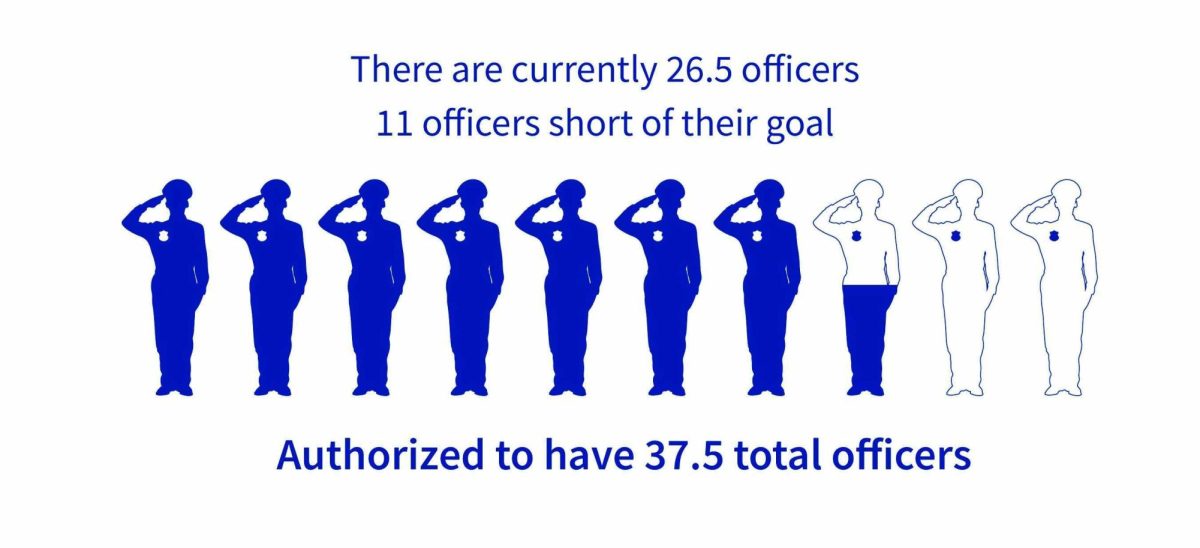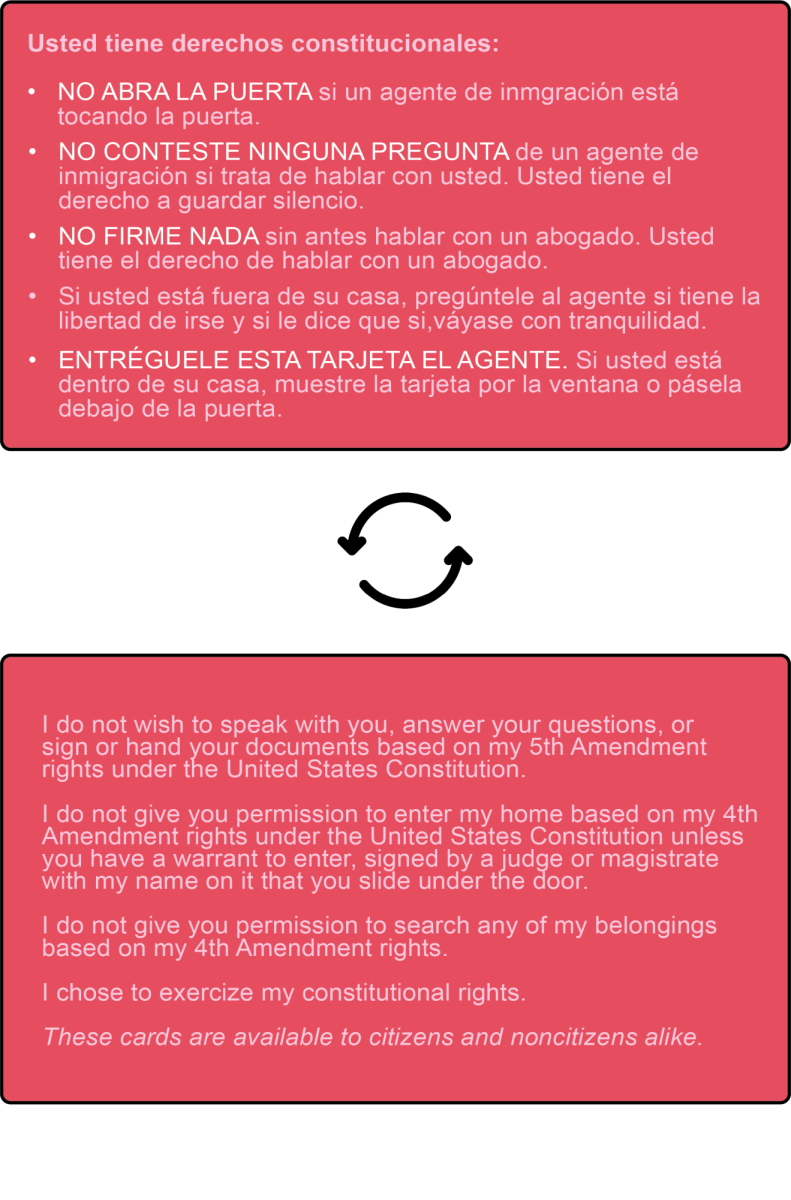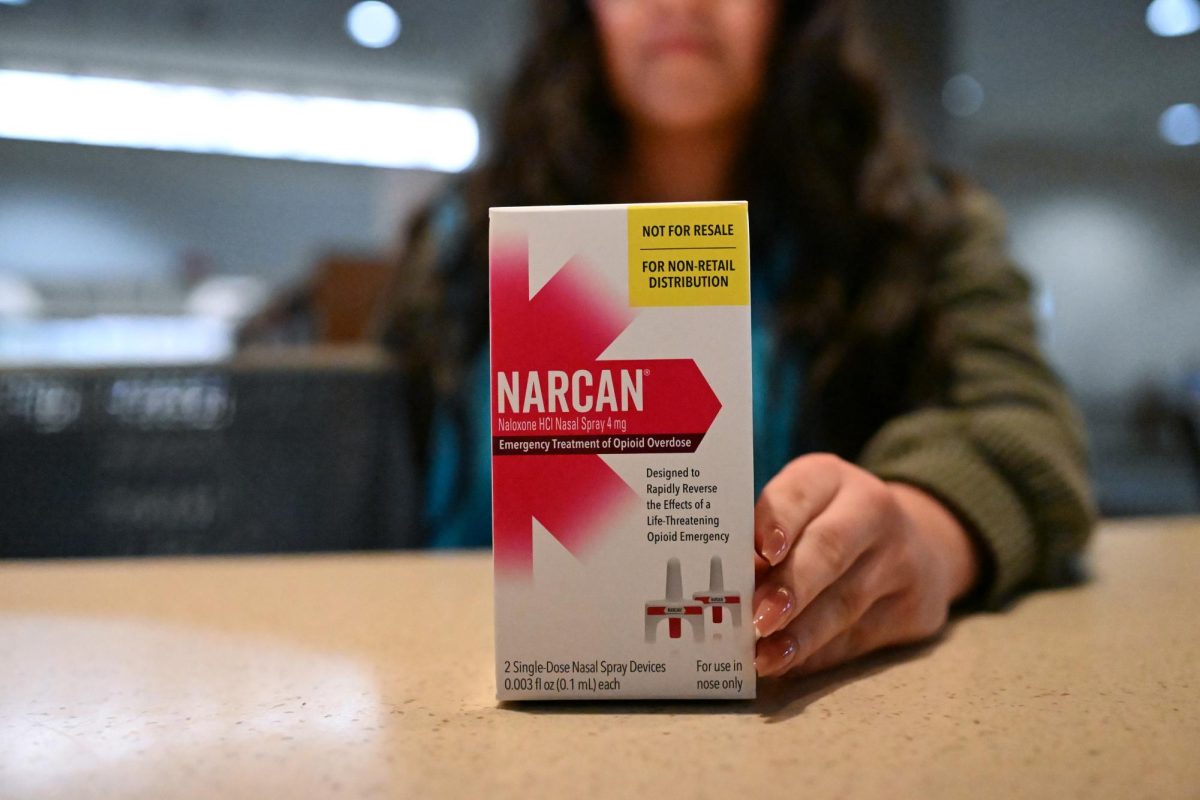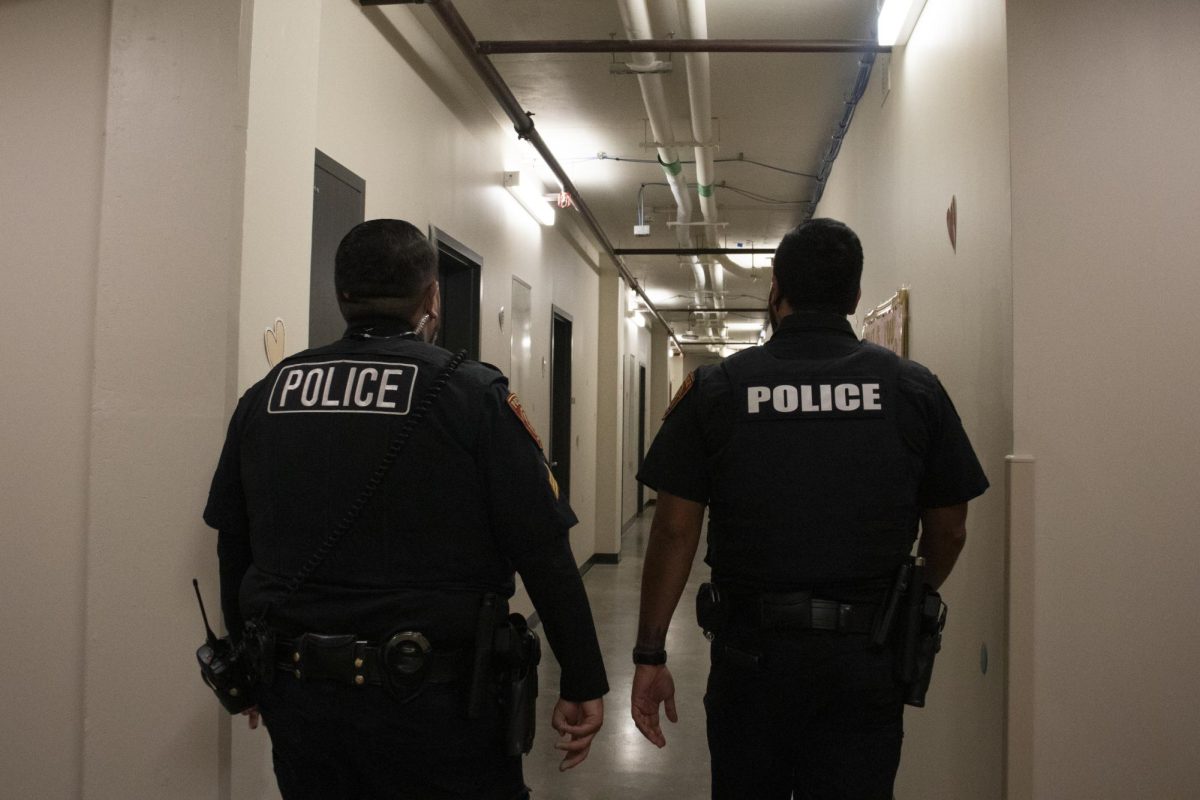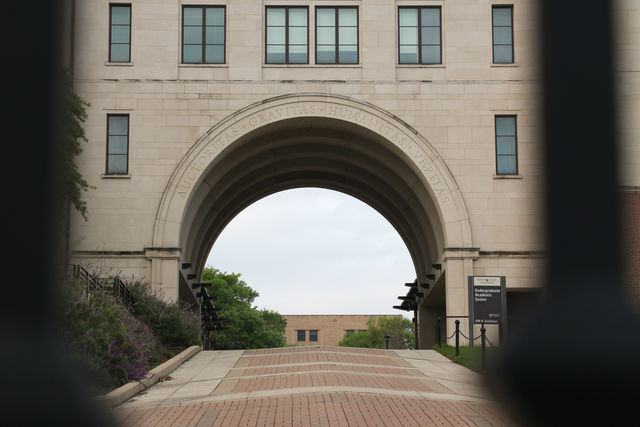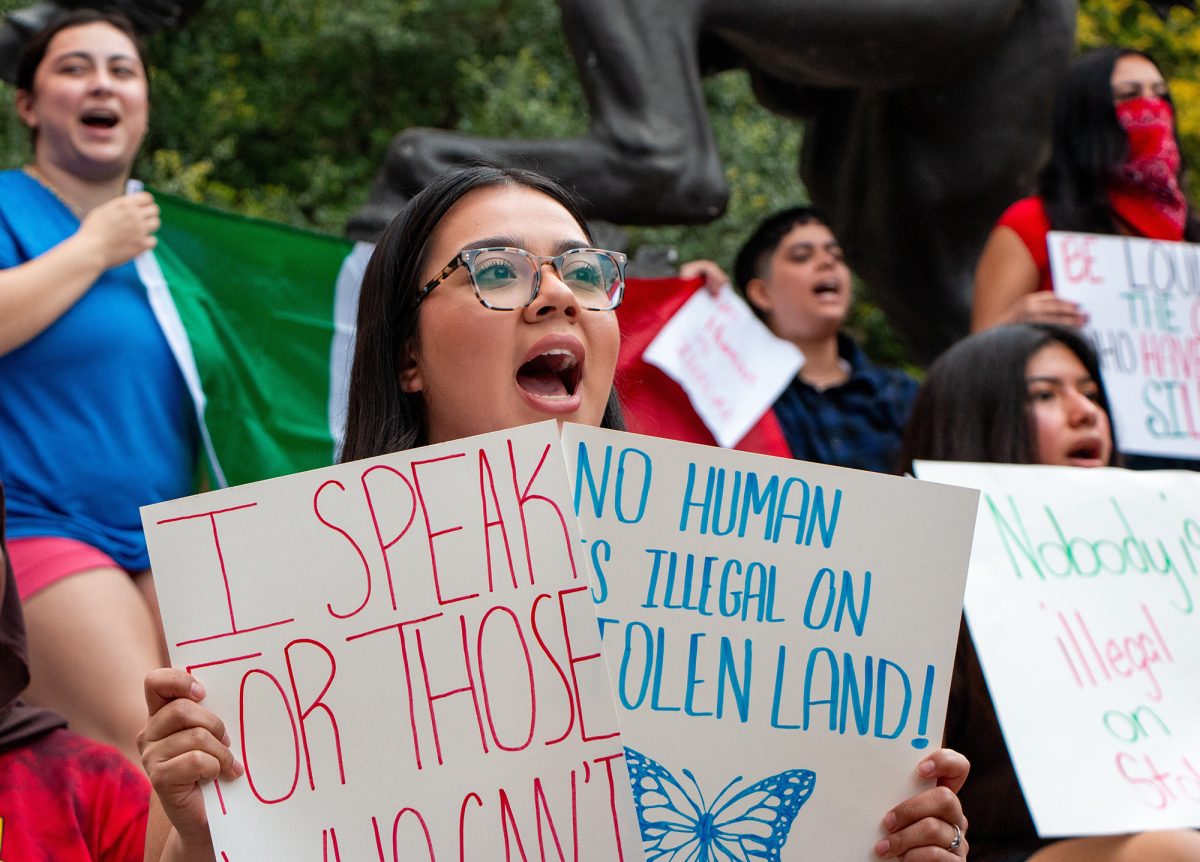The University Police Department hopes to provide mental health training to the majority of its officers in the upcoming years.
Because of the volume of mental-health-related calls to the department, UPD is attempting to certify their patrol staff as mental health officers yet there is no concrete timeline on when this will happen. They also plan to hire an officer who solely focuses on mental health emergencies, as well as connecting with the counseling center for training drills.
According to an email from the police records department, there were 26 reported mental health transports, and 284 escorts, to the hospital in 2018. The 26 were involuntary transports to approved mental health facilities for emergency detention while the 284 were escorts to facilities to get mental health treatment. Captain Rickey Lattie said he had two escorts in one day just last week.
“We do a lot of (emergency detentions); they’re not uncommon,” Lattie said. “We do a lot of voluntary (escorts) too that maybe could be an emergency detention if the person wasn’t willing to go voluntary.”
Officers are required to take a 40-hour course through the Texas Commission on Law Enforcement to be certified in mental health. Lattie said the course is not required for a general police license but they still try to get the majority of the officers to attend.
“The 40-hour mental health is optional training, it’s just something that our department selected to do,” Lattie said. “We like our people with as much education as possible and to be specialized in skills.”
Every officer is required to take a crisis intervention training, which is done in the police academy. After they complete the academy, the officers are required to attend 40 hours of training every two years to uphold their license.
The types of training they attend are optional though, and whether the focus is on mental health or not is up to the officer.
Administrative Sergeant Darin Wilde is responsible for organizing mental health training courses for the officers.
As a police officer, there’s different levels of your license. You have your peace officer license, then you have your basic peace officer, and then you have an intermediate, and advanced and a master. So now the state is mandated before you can get your intermediate license, you have to go through 40 additional hours of CIT, so if you’re a newer officer you have the training you get in the academy in addition to the 40 hours that you generally take in your first 2 years of employment, and then on top of that they also offer a 40 hour mental health training that is directed towards making them a certified mental health officer.
The counseling center is another resource students can use if experiencing a mental health problem. Their website states they offer free and confidential professional counseling as well as online mental health resources to currently enrolled Texas State students while classes are in session. They are available to students if they do not feel comfortable getting UPD involved.
Heather Aidala, associate director of the counseling center and acting interim director, said if UPD wished to connect and organize training exercises as they have done in the past, that could be planned and scheduled. She said they are partners and work closely together when a student is having a mental health emergency.
“We’re hoping to continue to have a close and collaborative relationship with (UPD),” Adiala said.
If you or someone you know is going through a mental health crisis, contact the counseling center at 512.245.2208 for help, or UPD at 512.245.2805 if it’s an emergency.
Categories:
UPD to train staff in mental health crisis management
March 5, 2019
0
Donate to The University Star
Your donation will support the student journalists of Texas State University. Your contribution will allow us to purchase equipment and cover our annual website hosting costs.
More to Discover


